Walter Dallas passed away in 2020 at the age of 73 from pancreatic cancer. His legacy is remembered for his fierce artistic vision, his dedication to mentoring new talent, and his deep contributions to the field of Black theater.
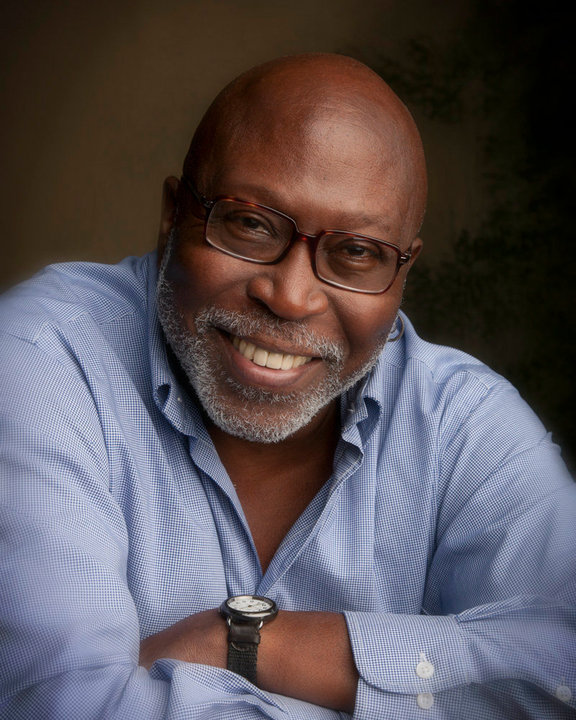
Director, playwright, musician, photographer, teacher — retired University of Maryland, College Park theatre faculty member Walter Dallas does it all and he believes the power of the performing arts can turn lives around!
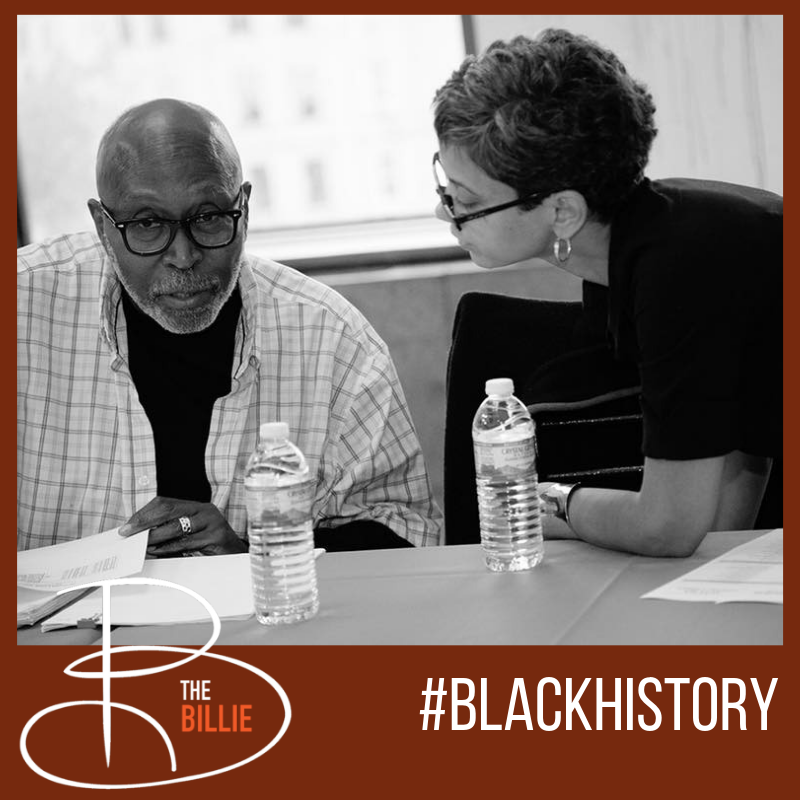
–
The lights dimmed to black. A piece of driving music with a pulsating rhythm that could be felt from the back of the audience began and seven actors took to the stage, weaving in and out of one another, establishing seven different characters with movement motifs… it was nothing short of a theatrical ballet.
This is how Walter Dallas began the New York Premiere of Richard Wesley’s Autumn for The Billie Holiday Theatre. Walter and I often stood at the back of the theater and watched the show, which allowed us to be a witness to the witnesses, a mainly African American audience, as they went on this journey. It was in these moments when I think I understood Walter best: a quietness that belied his genius; a reverence that demanded one only whisper in this sacred chapel that is the theater; and a sincerity of spirit where I always knew that Walter only said what he meant. I watched Walter work, relentlessly peel back layer after layer with the actors—from very seasoned Broadway craftspeople to novices—and I was struck by how they all trusted him implicitly – they tried things, they experimented, and they dared; he was a minister of a gospel of truth and they were, in some ways, disciples.
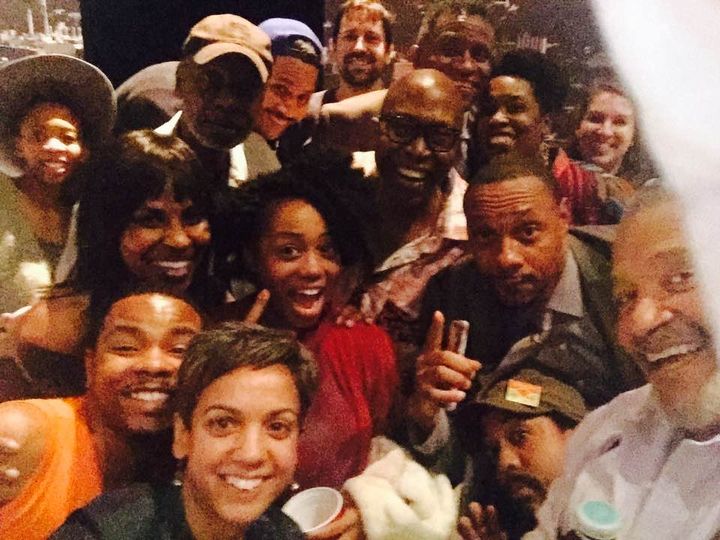
The cast and crew of Richard Wesley’s AUTUMN
His soft-spoken manner endeared me to him most. Like Vera in August Wilson’s “Seven Guitars”, which Walter Dallas directed at The Goodman for the World Premiere, starring Viola Davis, Ruben Santiago-Hudson, Jerome Preston Bates, Michele Shay, and more, I am a “quiet woman.” It was a breath of fresh air in this theater capital of the world to work with a man who felt like a pure craftsman—through and through.
Never a mention of the business, although he successfully ran Freedom Theater in Philadelphia for years. Never the need to be the loudest or smartest person in the room. Never did he ever drop a name, although his contemporaries were a who’s who in great Black intellectual thought: James Baldwin, Lloyd Richards, August Wilson and so many more. Walter Dallas is one of our true knight errant in the Black Theater, the American theater, righting wrongs and fighting for an ideal of great humanity on and off the stage. Walter Dallas is our Sir Walter.
Dr. Indira Etwaroo
Artistic Director, The Billie Holiday Theater
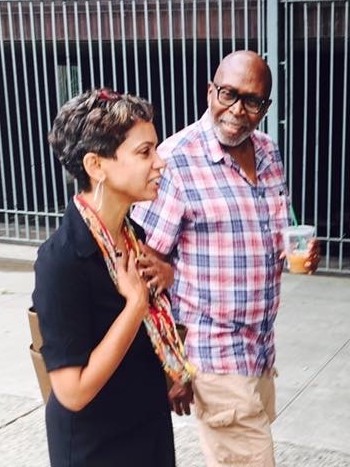
Dr. Indira Etwaroo and Walter Dallas
“Walter Dallas was a gentle genius in the American Theater. The Billie Holiday Theater celebrates a life well lived and acknowledges the thousands of artists and audiences that Walter touched across the world with his deep well of understanding of the human condition and of telling stories. Rest In Peace Sir Walter Dallas.“
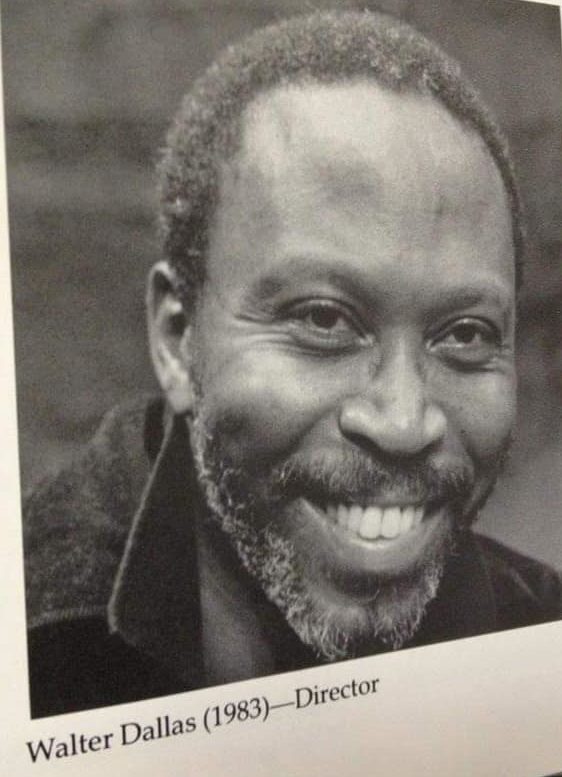
“I’m a director, I’m a playwright, I’m a musician and recently I’ve become a photographer. I play a couple of instruments. I teach. Life is full and exciting. I’ve lived a charmed life.”
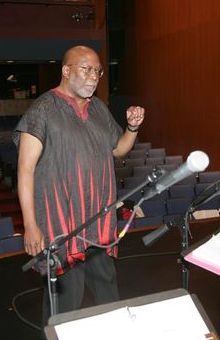
“Anything is possible in this world I want to create, even dramatic action.”
“Walter Edward Dallas was born on Sept. 15, 1946, in Atlanta. His father was never in the picture. His mother, Katie Sue (Ison) Dallas, a waitress and later a seamstress, developed cancer before he was born, and he was raised by his mother’s sister, Lillian Mae Whatley.
Mr. Dallas graduated from Morehouse College in Atlanta in 1968; studied briefly at Harvard Divinity School; spent some time developing the artistic arm of the Black Panthers in Berkeley, though he was not a member; and received a master’s in fine arts from the Yale School of Drama in 1971. He also studied dance and theater in traditional African societies at the University of Ghana at Legon.
His extended family — aunts, uncles, and cousins — was a musical bunch, and Walter was reared on the Modern Jazz Quartet, Sarah Vaughan, Dakota Staton, and Miles Davis. He learned to play piano, organ, and viola; directed the children’s choir at church; and sang in church choirs. He also read constantly, Ms. Haynes said, secreting himself in the attic where all the household books were stashed.
He loved the theater from a young age. He would dress up old Coca-Cola bottles as characters in his plays, which he staged for friends and family.
But he was best known for his leadership of Freedom Theater in Philadelphia, one of the nation’s top African-American companies, from 1992 to 2008.
Mr. Dallas also worked at the Public Theater and the Negro Ensemble Company in New York, as well as at the Yale Repertory Theater, the Mark Taper Forum in Los Angeles, and Baltimore Center Stage.“
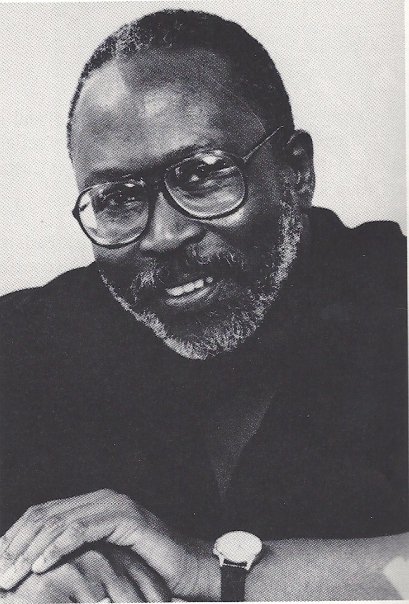
Growing up, I directed shows with Coca-Cola bottles as characters in my plays and an eclectic mix of music in the background.
I was very, very lucky as a child. I lived with my extended family in Atlanta, with a lot of cousins and uncles, and aunts of various ages who were around all the time. So, I grew up with the Modern Jazz Quartet, Sarah Vaughan, Dakota Staton, Miles Davis, and other artists like that. And rock ‘n roll, classical music, all kinds of music. Then I took piano, viola, and organ lessons. Even in kindergarten, I’d always put on pageants and plays. I remember being a mouse in The Nutcracker ballet when I was in the first grade and every year after that I wanted to be a soldier. And by the fourth grade, I was a soldier, and by the fifth grade, I was the prince.
When I thought about what I wanted to be when I grew up, I realized that I already was what I was going to be when I grew up — that is, I was already a fusion of directing and putting on shows with Coca-Cola bottles as characters in my plays, with an eclectic mix of music in the background.
“I have a cousin, an actress, who started calling me “Diva,” She said that what I do is fierce and that I don’t go around trying to be fierce; I just am.”
I have a cousin, an actress, who started calling me “Diva” when I was in college. She started calling me “Diva” and then friends in college and grad school did, too. When I asked her, “Why ’Diva?’” she said, “What you do is fierce, and yet you don’t go around trying to be fierce, you just are.”
I find that theatre is a powerful force that can change the course of my life and the lives of others. When I first came to the university and directed my first show, The Amen Corner, I didn’t know who was a theatre major, who was ready to have a major role. I just cast those I thought were the best students for the roles. As it turned out, I cast a criminal justice major for one of the leads. She had never been in a play before, not even in high school, but she was fabulous. She was so good, and she loved performing so much. She graduated two weeks after the show closed, and that fall she re-enrolled as a theatre major. In two years, she received a BA in Performance and has not stopped performing professionally since.
“The power of theatre, the power of the arts, is amazing. Often you never know how deeply it affects people.”
The power of theatre, the power of the arts, is amazing and the thing about it is you might know instantly — but often you never know — how deeply it affects people. I often hear from people who say, “You know, what you said that time really turned my life around.” Sometimes I don’t even remember what I said and sometimes barely remember the person. But theatre powerfully affects people.

Photo: Michael Maloney Director Walter Dallas (center) works with the cast during rehearsal. The season opener at Lorraine Hansberry Theatre in San Francisco is Toni Morrison’s “The Bluest Eye” – adapted for the stage. The company under the direction of Walter Dallas was in the early stages of rehearsal. The photo was taken on 9/18/07 near San Francisco, CA. Photo by Michael Maloney / San Francisco Chronicle – Shanique Scott, Walter Dallas, and Natasha E Noel in Los Angeles, California.
“I stand on stage after a performance and 900 or a thousand people now know my work. I don’t see them but their lives are affected and then, when they contact me, or when former students reconnect years later, they affect my life. So there’s a meaningful exchange that makes it real for me.”
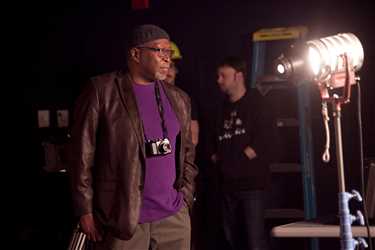
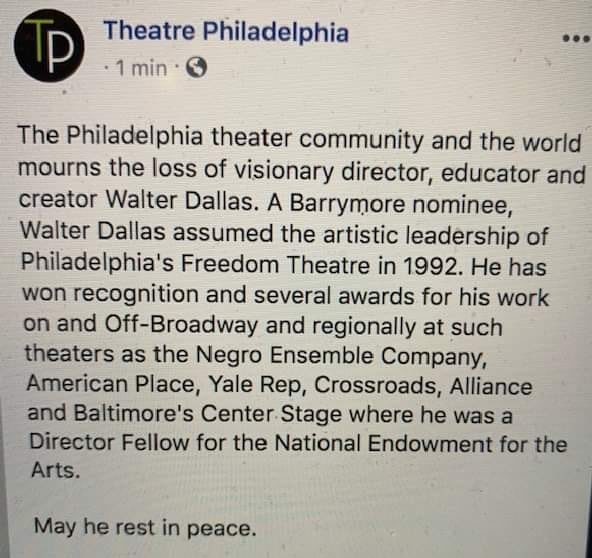
Rest in Peace. Rest in Power.
Walter Dallas Has Become An Ancestor.
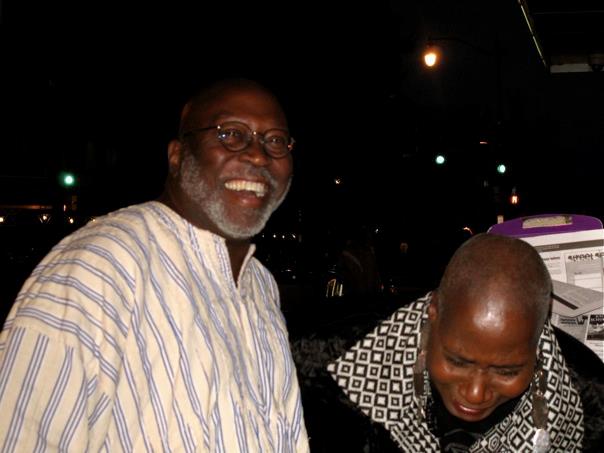
Walter Dallas and Marcia Pendelton
Award-winning American Theater icon Walter Dallas was an actor, director, playwright, screenwriter, and educator. He was so many things. But most importantly, he was my friend, mentor, and a safe place.
My relationship with Walter began many years ago in Philadelphia, PA. He was in the midst of building the School of Theatre at the University of the Arts and I was a novice arts administrator at a tiny storefront theater.
Walter hired me to work on many projects during his tenure as Artistic Director at Freedom Theatre. He was also Artist-In-Residence at the Philadelphia Drama Guild where I served as Director of Community Development and Group Sales (an early form of what is now known as an EDI position). It was his production of Joe Turner’s Come and Gone at the Drama Guild that introduced me to August Wilson’s body of work — which was only four plays deep at the time.
Whether I needed assistance with a grad school project, a safe space to heal from microaggression in the workplace, a birthday wish (we Virgos must hang together!), or just catching up on the phone or on Facebook, it was always a joy to be in Walter’s orbit.
A few years ago I saw Walter after a preview of Autumn by Richard Wesley, produced by The Billie Holiday Theatre in Brooklyn. It was a quick hug and kiss and “We’ll catch up later.” He was directing the play and had notes to give. That was the last time I saw him. The play went on to win six AUDELCO awards.
Walter Dallas was a giant. The American Theatre generally, and Black Theatre specifically, would have been entirely different without him. And my life would not be the same had we not met.
Marcia Pendelton – Founder & President, Walk Tall Girl Productions

Joe Papp, Bill Gunn, and Walter Dallas – (Courtesy of Barbara Silzle)
(c) All Rights Reserved iforcolor.org (Dale Shields)
